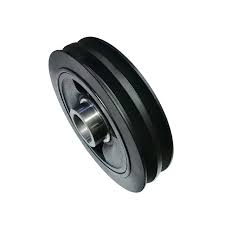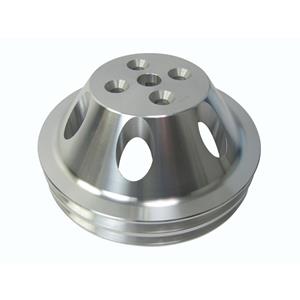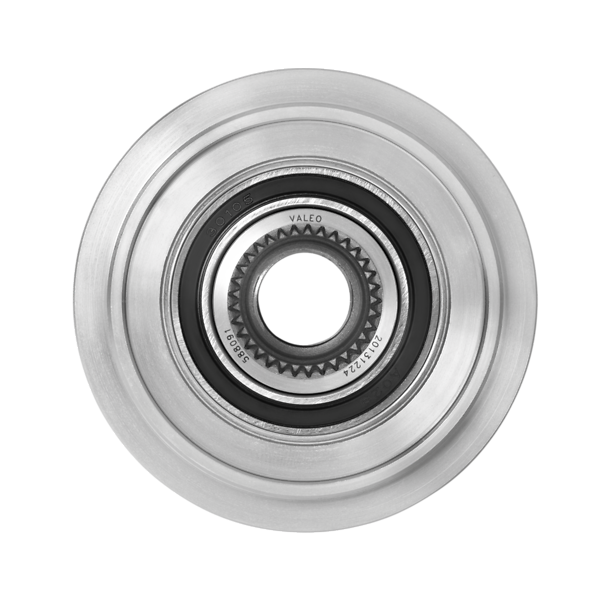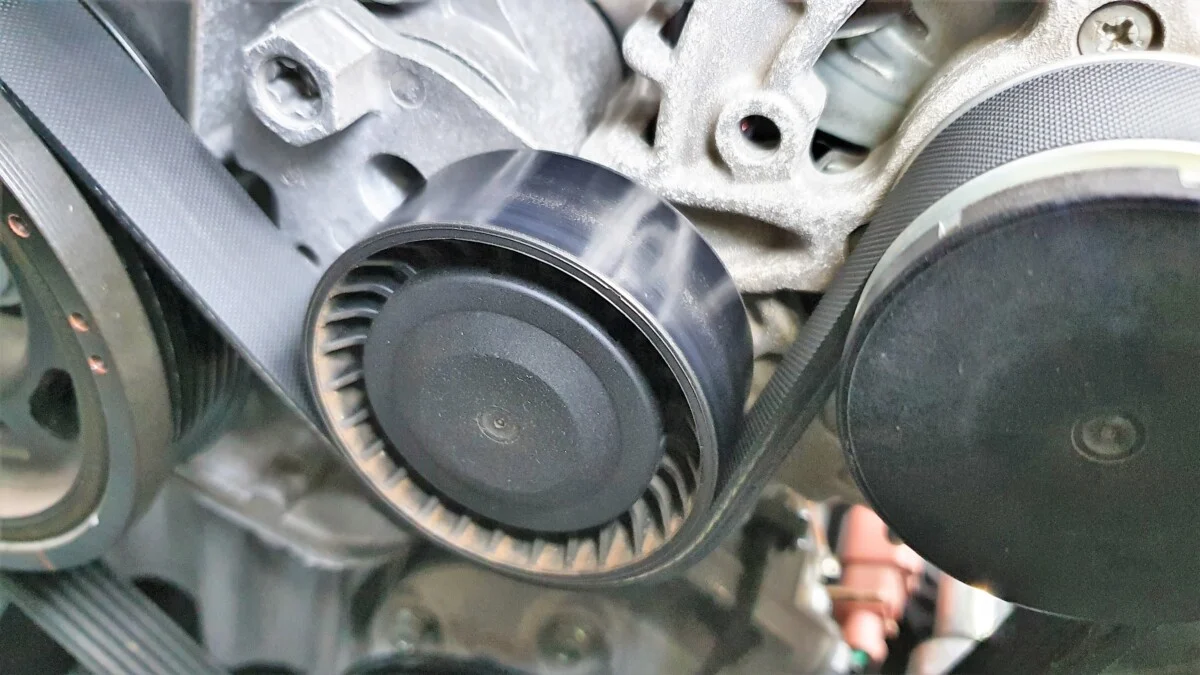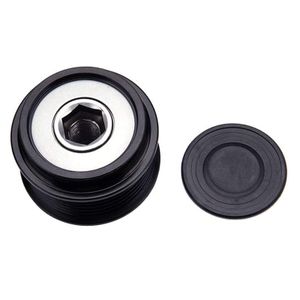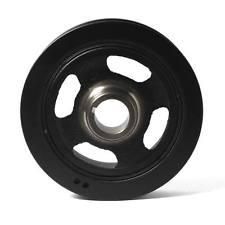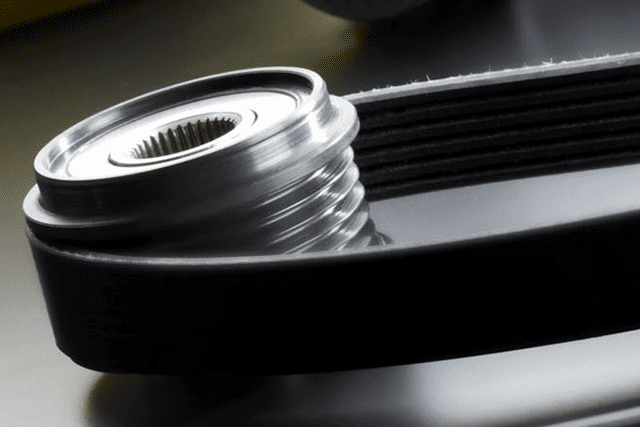Product Description
Car Parts High Quality Steering Gear OEM P/4HK1 CRANKSHAFT PULLEY For CHINAMFG Truck
| Our advantages |
| We specialize in Japanese auto parts |
| High-Quality goods , CHINAMFG quality & OEM quality , |
| No MOQ requipments |
| Short Delivey time |
| Products range |
| 1.Engine Parts : Thermostat ,Auto Cylinder , Starter Motor , Pump , Engine Mount , Injetor Pump Valve , Engine Pipe , Timing , Caps, Pulley , Turbocharger ; |
| 2.Chassis Parts : Steering System , Shock Absorber , Suspension , Ball Joint , Drive Shaft , Auto Tank , Differencial Parts , Auto Cable , Wheel Hub ; |
| 3.Electrical System : Ignition system ,ABS Speed Sensor ,Auto Switch ,Relay ; |
| 4.Brake System & Clutch System & Booster |
| 5.Cooling System : Fan Clutch , Radiator , A/C , Fan Blade ; |
| 6.Engine Gasket Set & Repair Kits |
| 7. Belt & Bushing & Bearing & Oil Seal ; |
| 8.Body Exterior: Lamps , Fender , Bumper , Grille , Mirror ; |
| Mainly engaged in the Japanese car parts. If you need more information, please feel free to contact US! |
| Engine Type | 700P/4HK1 |
| Parts Number | |
| Product Name | CRANKSHAFT PULLEY |
| Car Model | For CHINAMFG Truck |
| Payment Method | T/T, Western Union,L/C |
| MOQ | 5 PCS |
| Warrenty | 1 YEAR |
| Delivery Time | About 5-14Days |
| Our advantages |
| We specialize in Japanese auto parts |
| High-Quality goods , CHINAMFG quality & OEM quality , |
| No MOQ requipments |
| Short Delivey time |
/* March 10, 2571 17:59:20 */!function(){function s(e,r){var a,o={};try{e&&e.split(",").forEach(function(e,t){e&&(a=e.match(/(.*?):(.*)$/))&&1
| After-sales Service: | Guarantee |
|---|---|
| Warranty: | 3 Months |
| Type: | Steering Gears/Shaft |
| Material: | Steel |
| Certification: | ISO |
| Standard: | Standard |
| Customization: |
Available
| Customized Request |
|---|
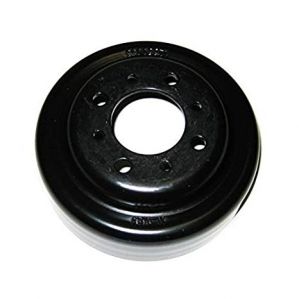
What are some common issues or symptoms of car pulley problems?
Car pulley problems can manifest in various ways, and recognizing the symptoms is important for diagnosing and addressing the issues promptly. Here are some common issues or symptoms that indicate potential car pulley problems:
- Squealing or Screeching Noises: One of the most noticeable symptoms of pulley problems is the presence of squealing or screeching noises. If a pulley is misaligned, worn out, or damaged, it may cause the belt to slip or rub against the pulley's edges. This friction generates a high-pitched noise, often heard during engine startup, acceleration, or when the accessories are in operation.
- Excessive Belt Wear: Pulley problems can lead to excessive wear on the belts. Misaligned or damaged pulleys may cause the belts to run at an angle or make contact with other components, resulting in uneven wear. You may notice fraying, cracking, or signs of belt deterioration. Excessive belt wear can also be caused by insufficient tensioning, leading to belt slippage and accelerated wear.
- Belt Slippage: If a pulley is not properly tensioned or if the tensioner mechanism is faulty, belt slippage can occur. This is characterized by a momentary loss of power to the driven components, resulting in decreased performance or functionality. Belt slippage may cause accessories like the alternator or power steering pump to operate erratically or intermittently, leading to dimmed lights, loss of power assistance, or other related issues.
- Overheating: A malfunctioning water pump pulley can result in inadequate coolant circulation, leading to engine overheating. If the water pump pulley is damaged or the bearings within it are worn out, the water pump may not spin efficiently, reducing the coolant flow. This can cause the engine temperature to rise, potentially leading to overheating, increased coolant loss, and potential engine damage.
- Power Steering Issues: A faulty power steering pulley or tensioner can affect the operation of the power steering system. You may experience difficulty in steering, increased steering effort, or a jerky steering response. These symptoms indicate potential problems with the power steering pulley, such as misalignment, damaged bearings, or inadequate tensioning.
- Battery Charging Problems: The alternator pulley plays a crucial role in charging the vehicle's battery. If the alternator pulley is damaged or not spinning properly, it can lead to insufficient charging, resulting in a drained or weak battery. Dimmed lights, flickering gauges, or frequent battery issues can indicate potential problems with the alternator pulley.
- Excessive Vibration: Misaligned or damaged pulleys can cause excessive vibration in the engine compartment. You may feel vibrations or shaking through the steering wheel, pedals, or the vehicle's body. Excessive vibration can indicate problems with pulley alignment, damaged bearings, or other related issues.
If you observe any of these symptoms, it is advisable to have your vehicle inspected by a qualified mechanic. They can assess the condition of the pulleys, belts, and other related components to diagnose the problem accurately. Timely identification and resolution of car pulley issues can help prevent further damage to the pulley system and associated components, ensuring the reliable operation of your vehicle.
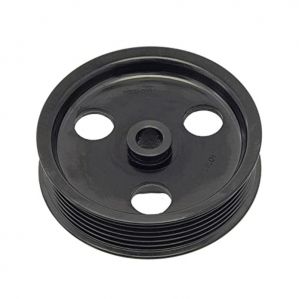
How are car pulleys customized for specific makes and models of vehicles?
Car pulleys are customized to fit specific makes and models of vehicles to ensure proper compatibility, functionality, and performance. The customization process involves considerations such as the engine design, layout, accessory requirements, and desired performance characteristics. Here's a detailed explanation of how car pulleys are customized for specific makes and models of vehicles:
- Engine Specifications: Car pulleys are designed to match the specific engine specifications of each vehicle make and model. This includes considerations such as the number of cylinders, engine displacement, and power output. The pulley's size, shape, and weight distribution are tailored to accommodate the engine's physical dimensions and characteristics.
- Belt Routing: The pulleys are customized to align with the belt routing requirements of each vehicle. The placement and orientation of pulleys are carefully designed to ensure efficient and proper belt engagement with driven components. Belt routing may vary between different engine layouts (e.g., transverse or longitudinal), and the pulleys are adjusted accordingly to accommodate the specific routing needs of each vehicle.
- Accessory Compatibility: Car pulleys are customized to accommodate the specific accessory requirements of each vehicle. Different vehicles may have varying numbers and types of accessories, such as alternators, power steering pumps, air conditioning compressors, and water pumps. The pulleys are designed to match the specifications and power requirements of these accessories, ensuring compatibility and optimal performance.
- Tension and Load Requirements: Pulleys are customized to handle the specific tension and load requirements of each vehicle's engine and accessories. Factors such as belt tension, load forces, and operating conditions are taken into account during the customization process. The pulleys are engineered to withstand the anticipated loads and maintain proper belt tension to ensure reliable power transmission and prevent slippage.
- Performance Considerations: Car pulleys can be customized to achieve specific performance goals for each vehicle make and model. Performance-oriented vehicles may require pulleys designed to optimize power delivery, torque characteristics, or specific RPM ranges. Customization can involve adjusting the pulley sizes, ratios, or designs to fine-tune the engine's performance and meet the desired performance objectives.
- Manufacturing and Quality Control: The customization of car pulleys involves precise manufacturing processes to ensure accurate dimensions, tolerances, and material specifications. Pulleys are manufactured to meet the quality and performance standards required by the vehicle manufacturer. Strict quality control measures are implemented to verify the pulleys' performance, durability, and compatibility with the specific makes and models of vehicles.
In conclusion, car pulleys are customized for specific makes and models of vehicles through considerations such as engine specifications, belt routing, accessory compatibility, tension and load requirements, performance objectives, and meticulous manufacturing processes. Customized pulleys play a vital role in ensuring proper fitment, reliable power transmission, and optimal performance of the engine and its driven components. By tailoring the pulleys to the specific requirements of each vehicle, manufacturers can optimize performance, efficiency, and overall vehicle functionality.
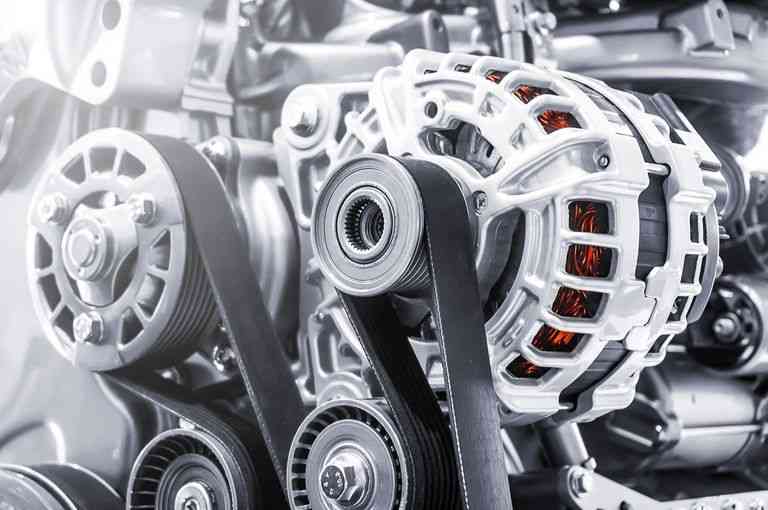
What is a car pulley, and how is it used in automotive systems?
A car pulley is a mechanical component used in automotive systems to transfer power, drive auxiliary components, and facilitate the operation of various systems within a vehicle. It is a wheel-like device with a grooved rim that is typically made of metal or composite materials. Here's a detailed explanation of the car pulley and its applications in automotive systems:
A car pulley operates based on the principles of rotational motion. It is usually mounted on the engine crankshaft, which is connected to the pistons and converts the reciprocating motion of the pistons into rotational motion. The pulley is driven by the rotational motion of the crankshaft and is connected to other components or systems through belts or chains.
There are different types of car pulleys used in automotive systems, including:
- Accessory Pulleys: These pulleys are responsible for driving various accessory components in the vehicle, such as the alternator, power steering pump, water pump, and air conditioning compressor. The accessory pulleys are typically connected to these components through belts, such as the serpentine belt or V-belts, and transfer power from the engine to operate these systems.
- Tensioner Pulleys: Tensioner pulleys are used to maintain the proper tension of belts in the automotive system. They are designed to apply tension to the belts, ensuring that they remain properly seated on the pulleys and operate smoothly. Tensioner pulleys often have built-in mechanisms, such as springs or hydraulic systems, to automatically adjust the tension and compensate for belt stretch or wear.
- Idler Pulleys: Idler pulleys are used to change the direction of a belt or provide additional support and tension to the belt. They are stationary pulleys that guide the belt around various components and help maintain proper belt alignment. Idler pulleys play a crucial role in ensuring smooth belt operation and preventing slippage or excessive wear.
- Crankshaft Pulley: The crankshaft pulley is directly attached to the crankshaft and is responsible for driving the other pulleys and components in the accessory drive system. It is often a larger pulley compared to the accessory pulleys and serves as the starting point for power transfer through belts or chains.
In automotive systems, car pulleys are used to transmit power efficiently and reliably from the engine to various components and systems. They enable the operation of critical systems such as the electrical charging system (alternator), power steering system (power steering pump), cooling system (water pump), and air conditioning system (air conditioning compressor).
The rotation of the car pulleys is synchronized with the engine speed, allowing the driven components to operate at the appropriate speed and deliver the required performance. Proper belt tension, guided by tensioner and idler pulleys, ensures efficient power transfer and prevents belt slippage or excessive wear. Additionally, car pulleys are designed to handle the high temperatures and demanding conditions of the engine compartment.
Overall, car pulleys are essential components in automotive systems, enabling the efficient and reliable operation of auxiliary systems and ensuring the smooth functioning of a vehicle's various functions.


editor by CX
2024-01-16
